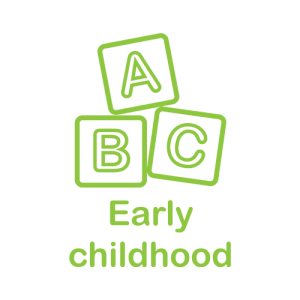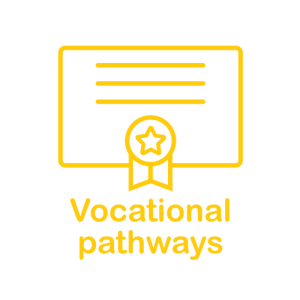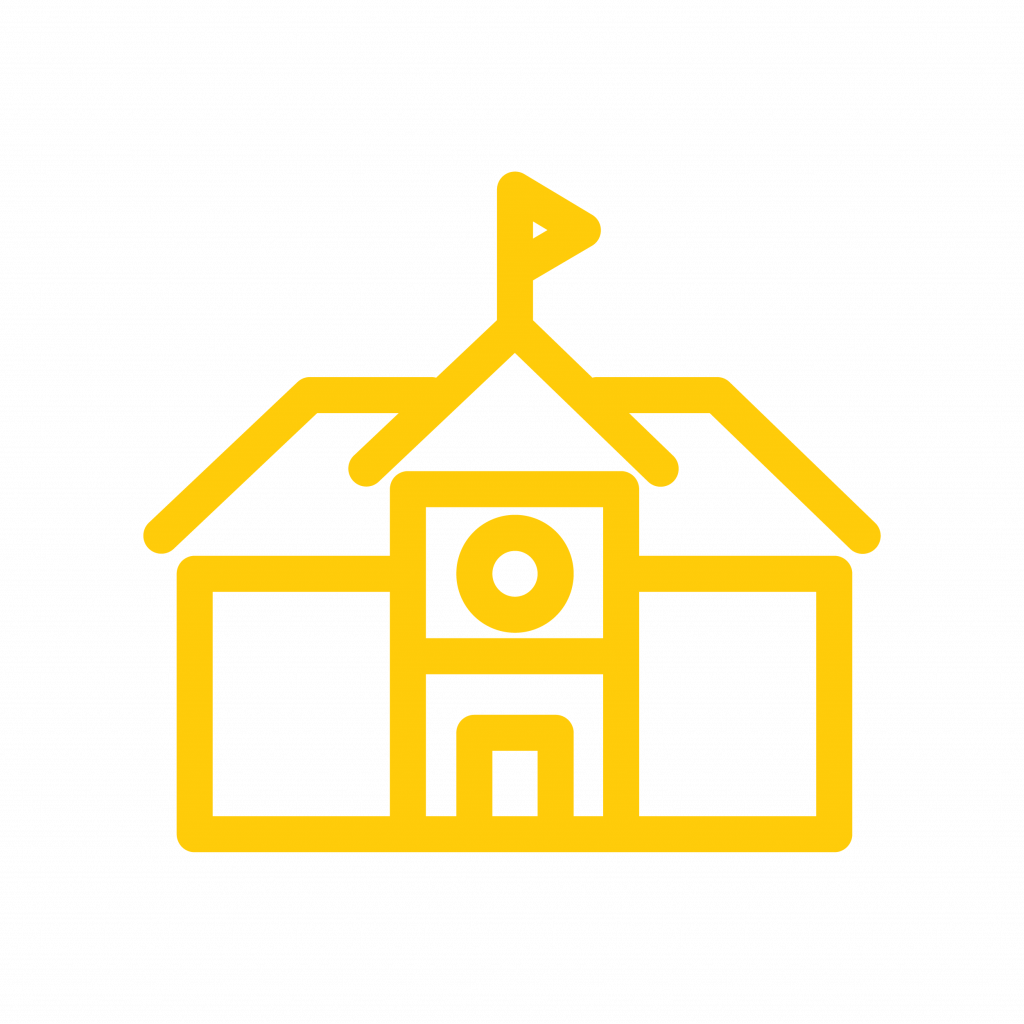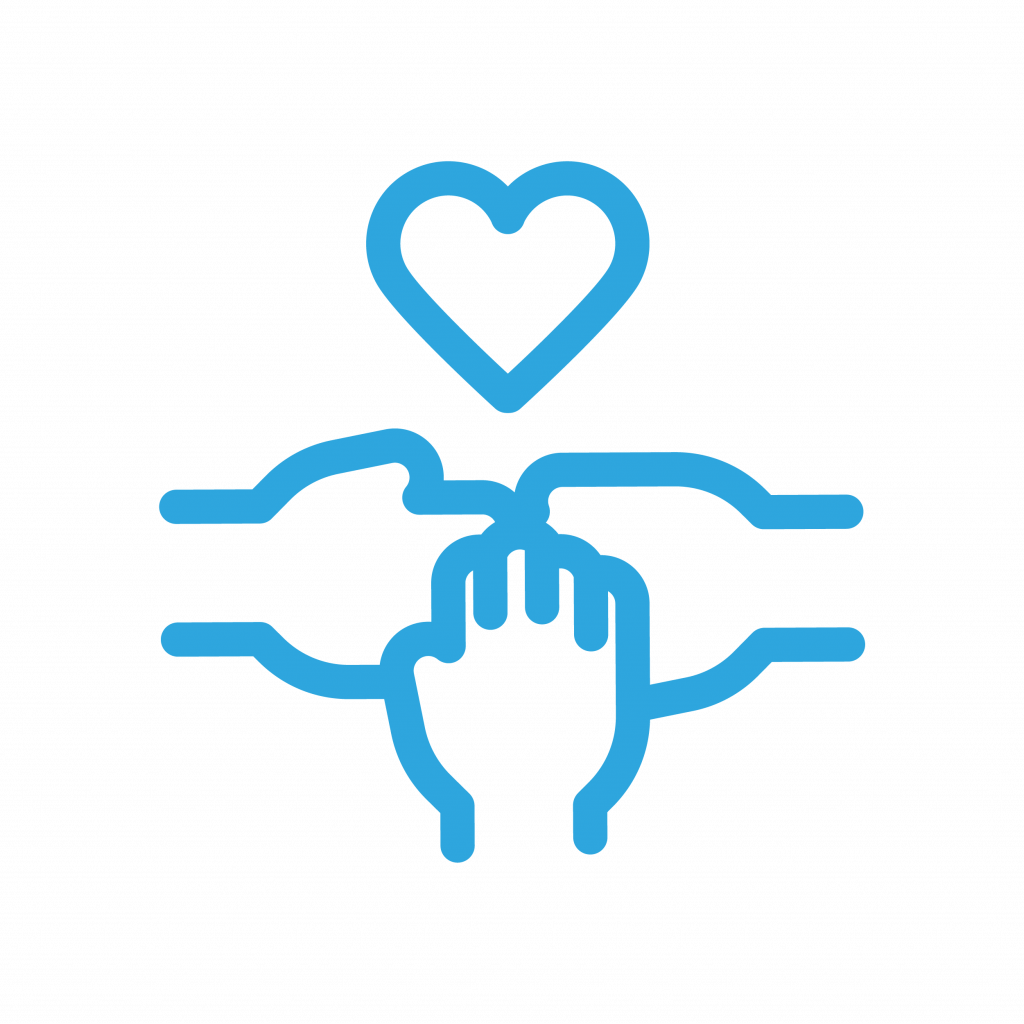Hubs serve as gateways that connect families with each other, with their school and with existing services that can provide health, education and settlement support.
Community hubs:
- Engage and connect families in culturally diverse communities
- Connect preschool children into playgroups and prepare them for school
- Provide opportunities to learn and practice English, and
- Build pathways to volunteering and employment.
For an overview of the National Community Hubs Program, click here. Please continue reading for more information about what to consider offering at your hub.
Engagement
The hub is a place where communities connect and engage with one another. It can start simply by sharing a conversation over coffee, learning a new craft like sewing or knitting or even joining a gardening group. The diversity of each community makes each hub unique in the way it creates those connections. For new hubs, Engagement programs are the best place to start.
Programs include:
- Coffee and Chat
- Cooking class
- Sewing group
- Gardening group

Early childhood
In facilitating playgroups and children’s activities, hubs enable schools to build relationships with families which have lasting positive impacts for all involved. Playgroups are a fantastic soft entry point for families to connect in the hub, and often this is one of the first programs a family will engage in.
Programs include:
- Playgroup
- Mother and child programs
- Sing&Grow

Drop into the hub at Dandenong West Primary School in Victoria!
This video is a glimpse into the life of the hub at Dandenong West Primary School. Hear from both hub leaders, the principal, hub members and more.
English
We know from previous research that over a third of hub participants become involved in hubs to improve their English. For many the hub is the first place they may come to learn English, and is a gateway to other community-based English language providers.
Programs include:
- Conversational English
- Beginner, intermediate or advanced English
- English as part of another program (e.g. cooking, sewing or computer class)
- English for citizenship
- English for a job/skill training course

Vocational pathways
Hub leaders are at the heart of the community and often their connections, or those of their support agency, provide participants with a range of opportunities for volunteering and potential employment. Hubs could not operate without the help and support of volunteers.
Programs include:
- Skills training classes
- Volunteering opportunities
- Pre-accredited training
- Accredited training

Program outcomes
The National Community Hubs Program aims to strengthen social cohesion and inclusion in targeted Australian communities by achieving four core outcomes:

Child outcomes

Family outcomes

School outcomes

Community outcomes